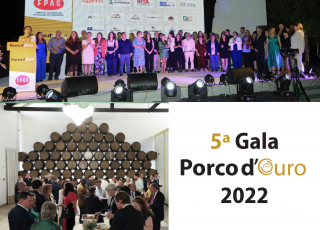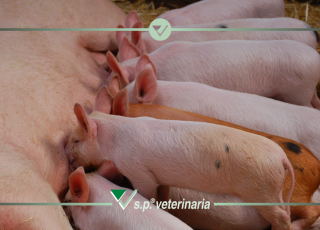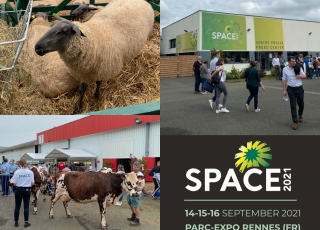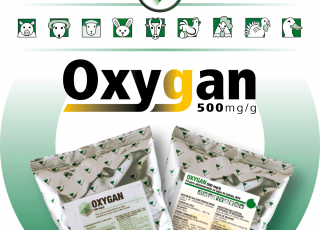Apis Mellifera feeding during autumn and winter. 7/12/2021

Autumn sets the beginning of a difficult period for bees as well as for beekeepers. Once winter arrives, a shortage of feed for these insects begins due to the lack of flowering. In addition, after the honey collection, there are no longer reserves. Consequently, the activity of the colony ceases until spring.
During this period beekeepers’ tasks are:
- Varroa treatments
- Propolis and royal jelly production
- Breeding and renewal of queen bees
- Hive preparation for wintering
Another important task is the Wintering Feed Supplementation, starting in autumn and continuing throughout the winter aiming to cover the needs caused by adverse weather conditions or by the beekeeper's own manipulation.
The winter-feeding pattern for bees consists of:
· Early winter: artificial maintenance feeding.
· Mid-winter: Stimulation feeding (1 month before flowering).
· End of winter: Monitoring of the colony vigour, maintenance of the bottom of the hive and health inspection.
S.P. Veterinaria offers the solution for these critical times. Soluvital Hidro Rex Amino Acids, rich in vitamins and amino acids, provides the Wintering Feed Supplementation. By using Soluvital Hidro Rex Amino Acids, bees obtain a large source of protein to survive winter, helping them to maintain and increase their body fat levels, resulting in an optimal feeding of the larvae the following spring.
For winter feeding, 3-5 ml of Hidro Rex Vital Amino Acids per litre of sugar solution is enough to achieve adequate latency, but with a strong and nourished hive since they could not leave it by themselves.
Related news
Most read
-
 More information
More informationBook editions 31/12/2016
S.P VETERINARIA has made a special edition of two books of interest for all recognized professionals in the Animal ...
-
 More information
More informationS.P.VETERINARIA AT VIV ASIA 2017 7/4/2017
A warm thank you to all our visitors at VIV ASIA, BANGKOK, MARCH 2017 Once again this event was a happy meeting point ...
-
 More information
More informationTECHNICAL WORKSHOPS IN RUSSIA. 9/1/2012
S. P. Veterinaria reinforces its presence in Russia with visits of experts in different target species.









